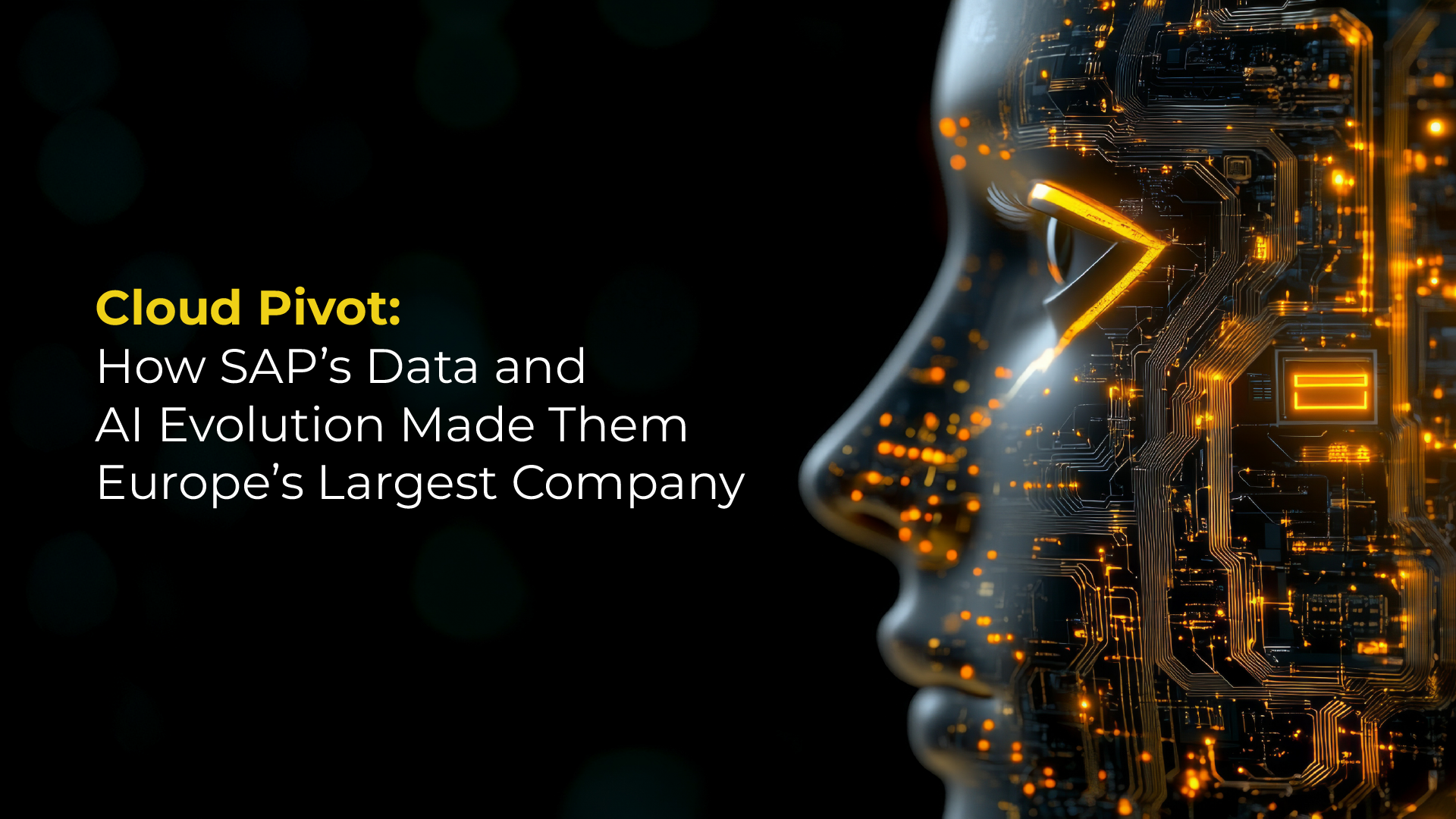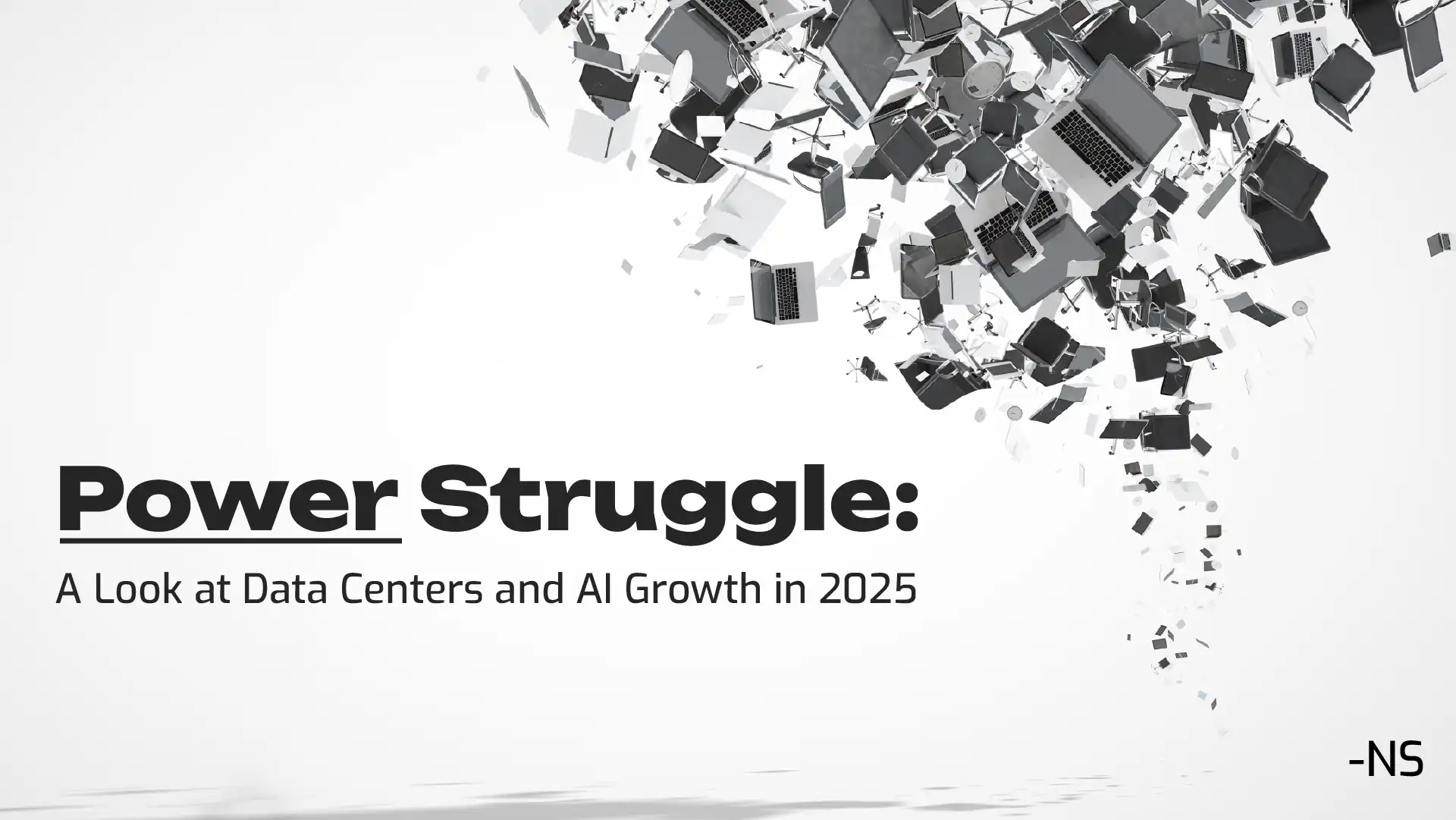Cloud Computing Jobs Are in High Demand
If you have serious software engineering and cloud computing chops, congratulations! Cloud computing has become an absolute necessity for digital businesses, and hiring managers are acting accordingly. Due to the increasing popularity of the Internet of Things (IoT), which now connects millions of mundane devices to the Internet – adding tens of thousands more every day – there’s no better time to look for cloud related jobs.
Cloud computing job opportunities aren’t just limited to the IoT or online businesses like eCommerce storefronts, though. Nowadays almost every modern company needs, or will have a need for, roles like cloud security engineers and cloud network engineers, just to keep up with their competitors and survive. Naturally, this makes for a healthy, competitive, and above all candidate-friendly cloud computing job market.












